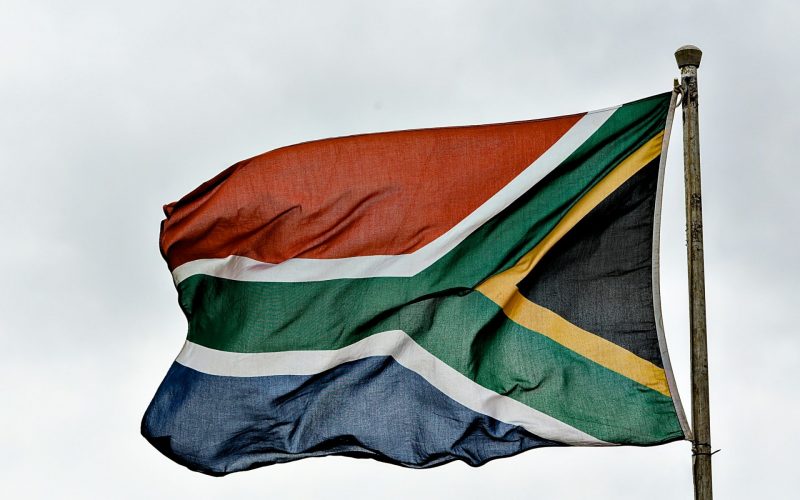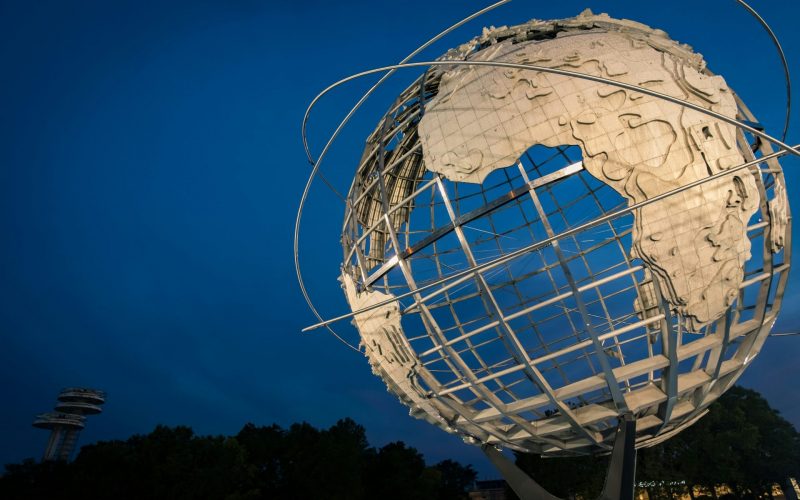The developing doctrine of Responsibility to Protect (R2P) and the institution of the International Criminal Court (ICC) were the principal strategies that were to form the new order. Because of the centrality that human rights were to have in its foreign policy, following its democratic transition South Africa played an important role in supporting these initiatives. Twenty years on South Africa’s foreign policy is less focused; it appears to be championing continental solidarity while courting external players able to advance its internationalist ambitions. In the process, South Africa’s foreign policy has become more pragmatic; initiatives that allegedly advance Western interests – such as R2P and the ICC – are viewed with suspicion. If it wishes to contribute to the international agenda, it will have to engage with these initiatives, articulate its suspicions and proffer reasoned alternatives.






